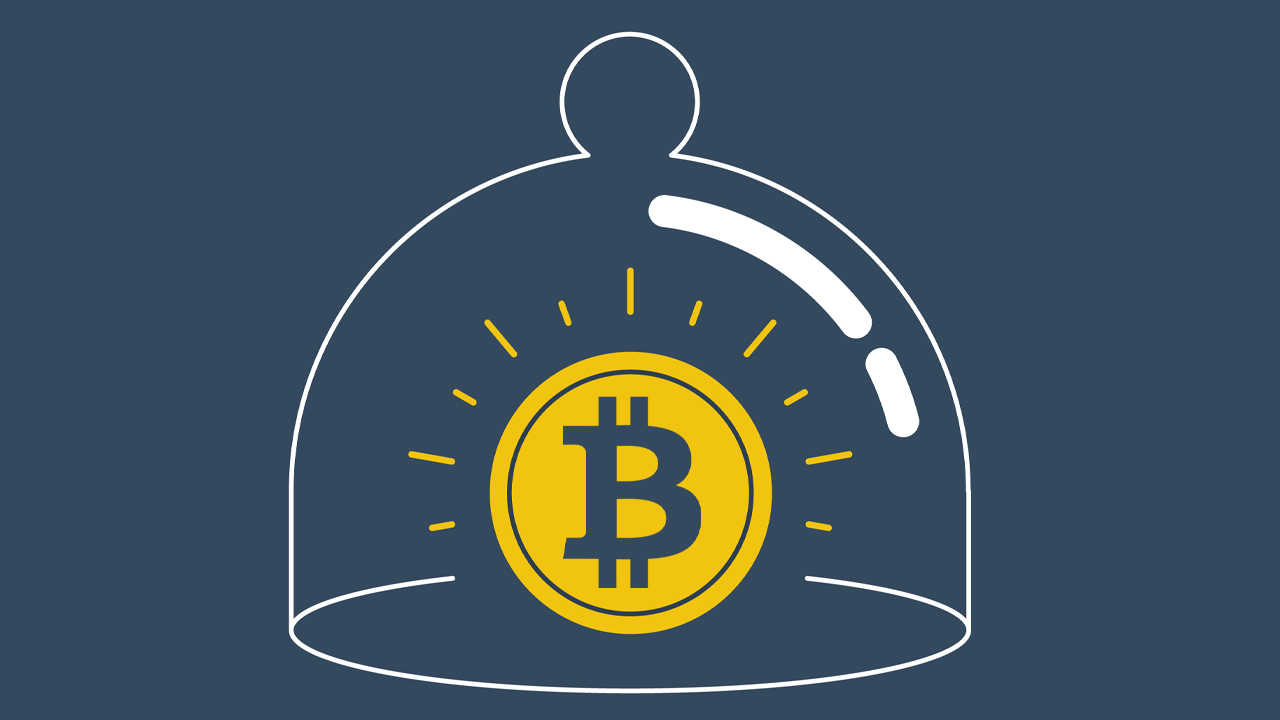
According to a recent warning by the U.S. Public Company Accounting Oversight Board (PCAOB), crypto proof-of-reserve (POR) audits have limitations, and the board believes that investors should exercise caution when dealing with companies using POR audits.
PCAOB Calls for Investor Caution and Due Diligence When Using Proof-of-Reserve Reports
The U.S. accounting watchdog recently issued an advisory warning about auditors using proof-of-reserve (POR) techniques to audit specific crypto companies, such as exchanges and stablecoin issuers. The Public Company Accounting Oversight Board (PCAOB) stated that it is aware of certain PCAOB-registered audit firms issuing POR reports for these types of businesses. The PCAOB expressed concerns that investors “may place undue reliance on POR reports.”
The reports are not within the PCAOB’s oversight authority, and the watchdog does not consider them audits, nor does it believe that POR reports offer any meaningful assurance. The PCAOB insists that these purported audits claim to provide crypto asset verification, but they are limited, and some reports do not address the crypto entity’s liabilities. The PCAOB warning explains that some PORs may create the impression of sufficient or excess reserves in the company’s possession, but they do not provide any assurance about whether the assets were used or lent. The PCAOB statement adds:
Despite any representations to the contrary, POR Reports are not equivalent or more rigorous than an audit, and they are not conducted in accordance with PCAOB auditing standards. In addition, there is a lack of uniformity regarding service providers that perform POR engagements.
The PCAOB warning is not the only criticism of certain POR processes. In December 2022, a U.S. Securities and Exchange Commission (SEC) official advised investors to be cautious of POR reports. That same month, crypto analyst Martin Hiesboeck told Bitcoin.com News that POR is at best “incomplete” and can be “misleading and deceptive.” The U.S. accounting entity agrees and concludes its advisory warning by stating that investors should exercise significant due diligence when POR reports are used.
The PCAOB advisory notice insists, “Proof-of-reserve reports are inherently limited, and customers should exercise extreme caution when relying on them to conclude that there are sufficient assets to meet customer liabilities.”
What do you think about the use of proof-of-reserve audits in the crypto industry? Do you believe they provide enough assurance to investors or are they too limited to rely on? Share your thoughts about this subject in the comments section below.
Image Credits: Shutterstock, Pixabay, Wiki Commons
Disclaimer: This article is for informational purposes only. It is not a direct offer or solicitation of an offer to buy or sell, or a recommendation or endorsement of any products, services, or companies. Bitcoin.com does not provide investment, tax, legal, or accounting advice. Neither the company nor the author is responsible, directly or indirectly, for any damage or loss caused or alleged to be caused by or in connection with the use of or reliance on any content, goods or services mentioned in this article.










